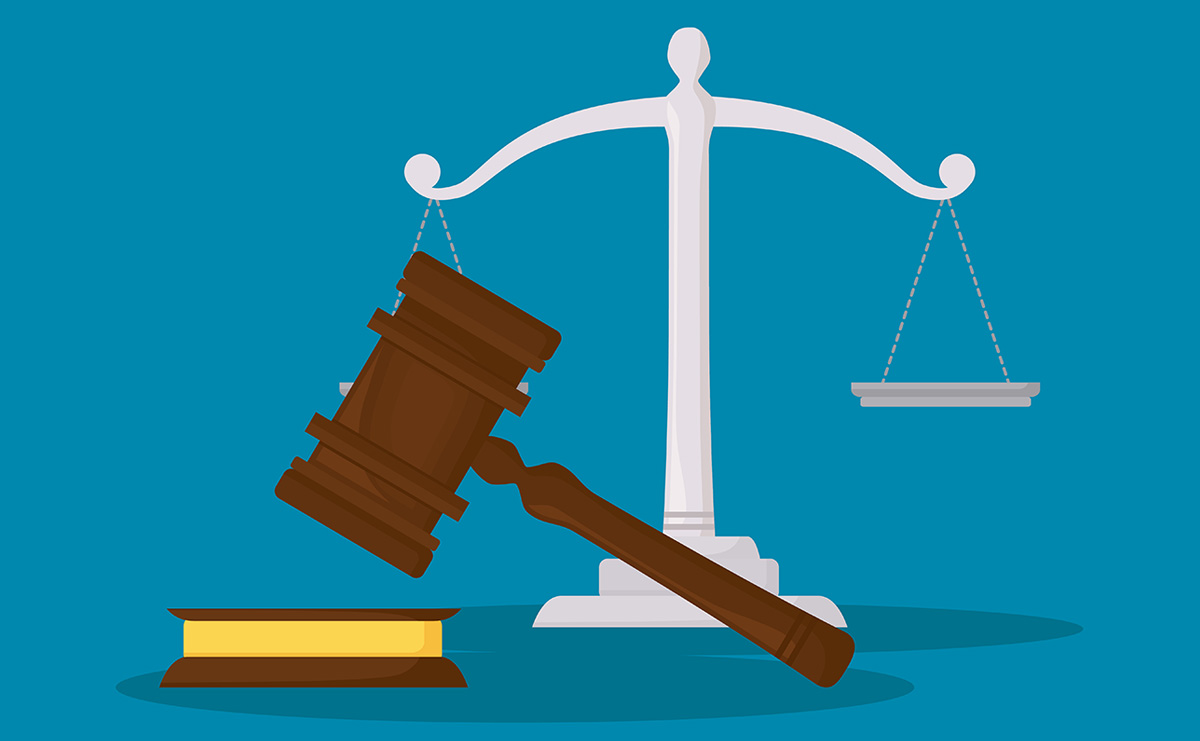Illinois Court | Legal Forms – Supporting Documents Not Attached to Eviction Complaint
Affidavit – Supporting Documents Not Attached to Eviction Complaint – Illinois Court
This affidavit – Supporting Documents Not Attached to Eviction Complaint is a required form approved by the Illinois Supreme Court for use in all Illinois Circuit Courts. It is used in eviction cases where the plaintiff (landlord or owner) does not attach certain supporting documents to the eviction complaint.
Instructions
- Enter County Name: Fill in the name of the county where the case is filed.
- Plaintiff Information: Provide the name(s) of the plaintiff(s).
- Defendant Information: Provide the name(s) of the defendant(s) and check the “Unknown Occupants” box if applicable.
- Case Number: Enter the case number assigned by the Circuit Clerk.
Reasons for Not Attaching Documents
- Notice or Demand: Check the appropriate box to explain why the Notice or Demand was not attached. Possible reasons include inability to find the document, it not being required, or other specified reasons.
- Proof of Service: Check the appropriate box to explain why the affidavit or proof of service of the Notice or Demand was not attached.
- Written Lease: Check the appropriate box to explain why a written lease was not attached. Reasons can include it not being required, no written lease existing, inability to find the lease or other specified reasons.
Certification
- The affidavit – Supporting Documents Not Attached to Eviction Complaint – must be signed and dated by the plaintiff, certifying that the information provided is true and correct. False statements can result in penalties under the Code of Civil Procedure, 735 ILCS 5/1-109.
Contact Information
- Provide the plaintiff’s full address, telephone number, and email address.
Additional Notes
- The form emphasizes the importance of using a personal email account that is checked regularly to avoid missing important information or court dates.
By completing and signing the affidavit – Supporting Documents Not Attached to Eviction Complaint, the plaintiff acknowledges the legal obligation to provide truthful information and the consequences of perjury.
Disclaimer: This guide is provided for informational purposes only and is not intended as legal advice. You should consult the Residential Tenancies Act or a legal professional.




